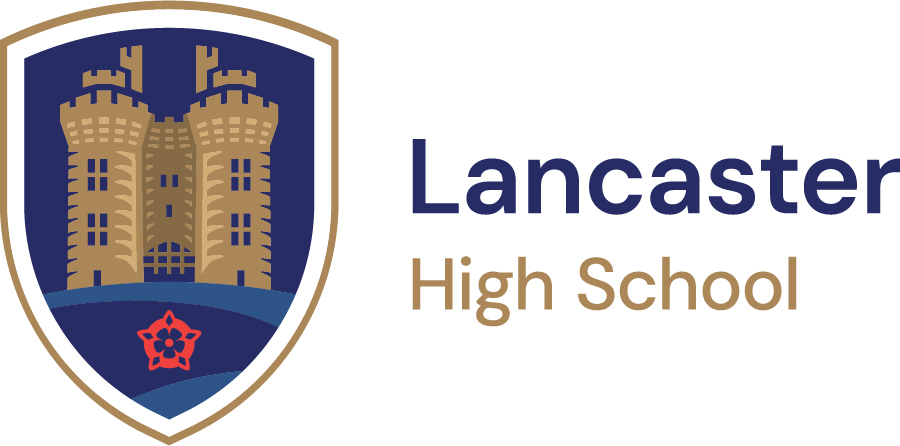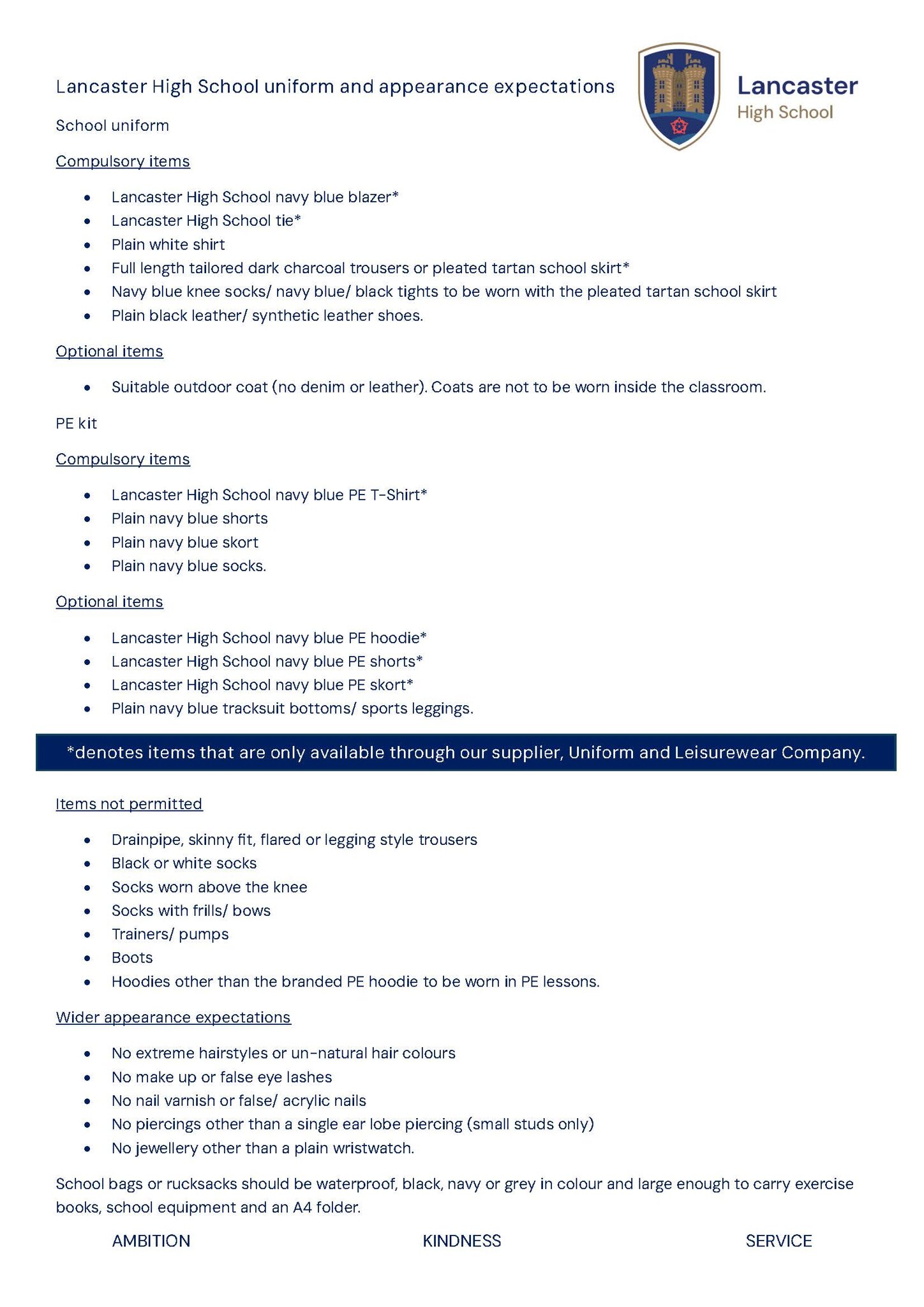
"Reading isn’t important because it helps to get you a job. It’s important because it gives you room to exist beyond the reality you’re given."
Matt Haig
Subject Staff
| Name | Role | Contact |
|---|---|---|
|
Miss M Hayes |
Head of Department | Contact |
|
Miss E Vedick |
Assistant Head of English | Contact |
|
Miss A Worsley |
Assistant Headteacher | Contact |
|
Mr N Cheesbrough |
Classroom Teacher | Contact |
|
Mr M Nesbitt |
Classroom Teacher | Contact |
|
Miss M Timperley |
Classroom Teacher | Contact |
Our Intent:
English is empowering.
Our curriculum strives to enable our pupils to understand and interrogate different types of writing, appreciating how writers have crafted their texts for specific purposes in a range of contexts. Armed with this knowledge, our pupils will be active readers for life, interpreting and questioning the information they are given.
Through the study of a diverse range of literature, our pupils will learn about worlds beyond the reality they have been given and hear from voices which may be different to those around them. They will learn how canonical classics and modern masterpieces both reflect and shape their historical and social contexts.
Pupils will learn to use language in a way which will give them a voice. A voice to reflect on and evaluate their own and others’ viewpoints and perspectives. A voice that is creative and communicates their ideas in a purposeful and effective way. A voice to influence others and empower their future selves.
English will give them the power to go out into the world knowing more, understanding more and having more to say.

View English Curriculum - Roadmap Overview
KS3 overview of units:
| Term 1 Topics | Term 2 Topics | Term 3 Topics | Detailed Overview | Curriculum Roadmap | |
|---|---|---|---|---|---|
| Year 7 |
Young voices: I Am Malala Villains and the influence of Literature: Richard III |
Exploration of the gothic Adventure from another world: Trash |
Understanding identity: poetry from other cultures and traditions Real life heroes |
View Document | View Document |
| Year 8 |
Exploration: travel writing
Bildungsroman: Great Expectations |
Rebellious voices: protest poetry across time The Monster within: The Strange Case of Dr. Jekyll and Mr. Hyde |
In The Sea There Are Crocodiles Understanding tragedy: Romeo and Juliet |
View Document | View Document |
| Year 9 |
Different experiences: short stories The Power of Allegory: Animal Farm |
War poetry across time Modern drama: A View from the Bridge |
Dystopian fiction: Lord of the Flies Expressing ideas through spoken language |
View Document | View Document |
Parents / carers can best support pupils by: Encouraging reading of fiction and nonfiction by reading at home and talking about what has been read. Looking through pupils' books and talking about work completed is also helpful.
Key Stage 4:
Eduqas English Language and Literature:
Web link to specification:
https://www.eduqas.co.uk/qualifications/english-language-gcse/#tab_overview
https://www.eduqas.co.uk/qualifications/english-literature-gcse/#tab_overview
| Term 1 Topics | Term 2 Topics | Term 3 Topics | |
|---|---|---|---|
| Year 10 |
Language: nonfiction writing and reading 19th century nonfiction Literature: A Christmas Carol and poetry |
Language: reading 20th century fiction and prose writing Literature: A Christmas Carol and An Inspector Calls |
Language: nonfiction writing and comparing 19th and 21st century nonfiction Literature: An Inspector Calls and Macbeth |
| Year 11 |
Language: prose writing and reading 20th century fiction Literature: Unseen Poetry and A Christmas Carol |
Language: comparing 19th and 21st century nonfiction and nonfiction writing Literature: An Inspector Calls and Macbeth |
Language: preparation for exams Literature: preparation for exams |
Assessment:
| Paper 1 | Language Component 1 (fiction reading and writing) | 1 hour 45 minutes | 40% of qualification |
|
Paper 2 |
Language Component 2 (nonfiction reading and writing) |
2 hours |
60% of qualification |
|
Paper 3 |
Literature Component 1 (Macbeth and anthology poetry) |
2 hours |
40 % of qualification |
|
Paper 4 |
Literature Component 2 (An Inspector Calls, A Christmas Carol and unseen poetry) |
2 hours 30 minutes |
60 % of qualification |
Parents / carers can best support pupils by: Reading set texts with pupils and discussing them, which could include using audiobooks or film versions. Asking pupils about what they are studying and what they need to revise is also useful as it helps them to think about the subject and their needs.
Additional materials to support study and revision:



